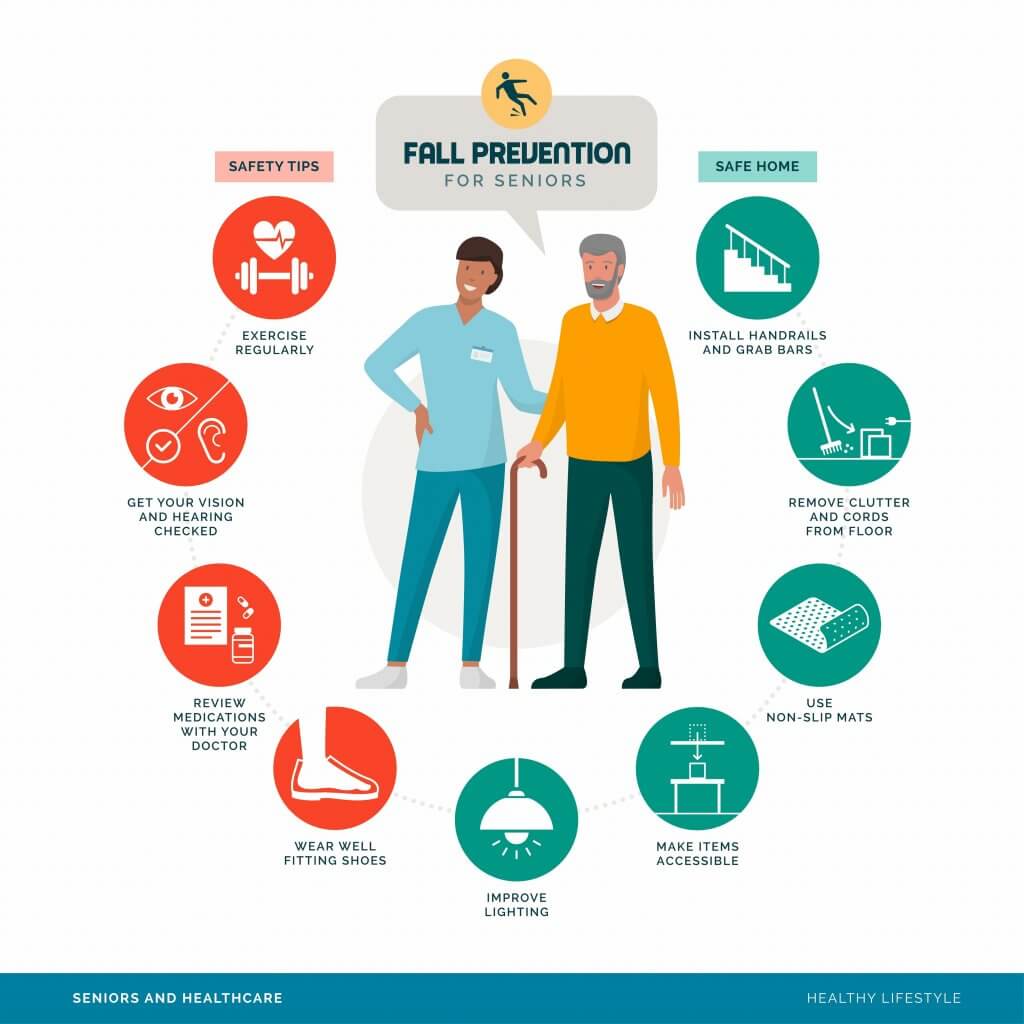Mums and Bubs: First Steps – Yeppoon
We are beyond excited to be able to bring this program to our mummas in Yeppoon! These are run on Monday mornings with our Physiotherapist Chloe Petith! Working on core strength and pelvic floor work to get your body moving again after birth.
Mums and Bubs: First Steps – Yeppoon Learn More »






